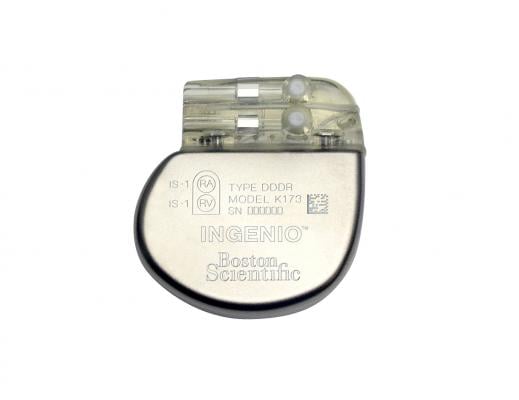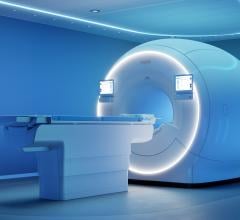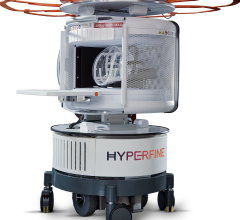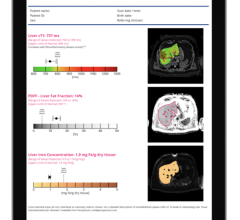
July 31, 2012 — Boston Scientific Corp. has received CE mark approval for use of its Ingenio and Advantio pacemakers in patients in need of a magnetic resonance image (MRI). Now equipped with new Image Ready technology, the first European implants of the Ingenio MRI pacemaker are being performed in the United Kingdom by Dr. John Bayliss, consultant cardiologist at Watford General Hospital, London; in Italy by Prof. Massimo Santini, director of the cardiology department, San Filippo Neri, Rome; and in Germany by Dr. Joern Schmitt, Oberarzt der Justus-Liebig Universitätsklinik Gießen.
Pacemakers are designed to treat bradycardia, a condition in which the heart beats too slowly, depriving the body of sufficient oxygen. Many patients with pacemakers are restricted from undergoing MRI procedures as magnets may interfere with pacemaker functionality, or cause heating of the lead. With Image Ready technology, Ingenio MRI pacemakers, in combination with Fineline II leads, allow patients to undergo MRI procedures as needed.
“A significant number of patients with pacemakers may be affected by other conditions, which often require MRI scanning,” said Santini. “The ability for these patients to undergo detection of other conditions is an important advancement in improving overall patient health and outcomes.”
Fineline II pacing leads are backward MRI compatible, and therefore replacement of the lead is not required when implanting new Ingenio MRI or Advantio MRI pacemakers. More than one million Fineline II leads have to date been implanted worldwide.
The Ingenio and Advantio pacemakers were first approved in Europe in April 2012. Featuring RightRate pacing technology, the devices are designed to treat chronotropic incompetence, a form of bradycardia in which the heart is unable to regulate its rate appropriately in response to physical activity. Chronotropic incompetence affects up to 42 percent of pacemaker patients.
“The ability to use the Ingenio platform during MRI procedures is a significant advancement to our family of bradycardia devices,” said Michael Onuscheck, senior vice president and president of Europe, Middle East and Africa at Boston Scientific. “This progression in the use of the Ingenio family of pacemakers represents another step in our commitment to expanding our pacing capabilities and improving the lives of patients.”
The Ingenio family of pacemakers is compatible with the new Latitude NXT remote patient management system, which enables physicians to conduct remote follow-ups and monitor specific pacemaker information and heart health status. The system is designed to detect clinical events between scheduled visits and send relevant data directly to a secure physician-accessible website via landline or cellular-based telephone technology. Latitude NXT is also compatible with the wireless weight scale and blood pressure monitor from Boston Scientific. Physicians can choose to remotely monitor a series of relevant health status indicators, including weight and blood pressure, as well as respiratory and sleep apnea trending. Centers across Europe are currently enrolling patients in the Latitude NXT program.
For more information: www.bostonscientific.com


 January 21, 2026
January 21, 2026 








